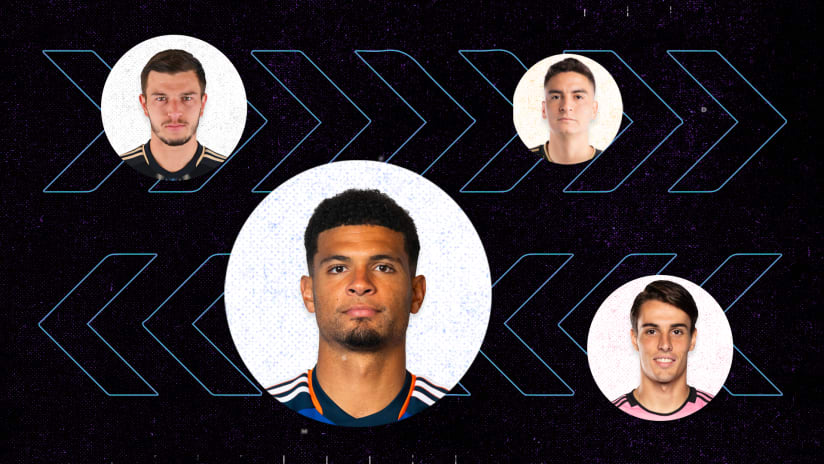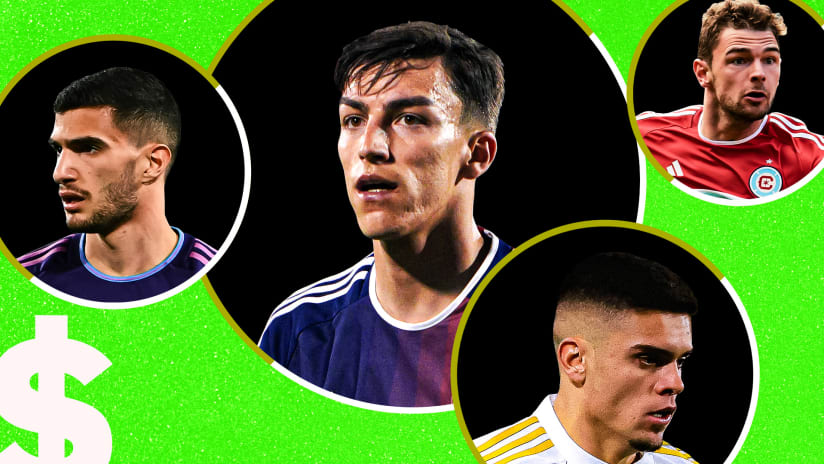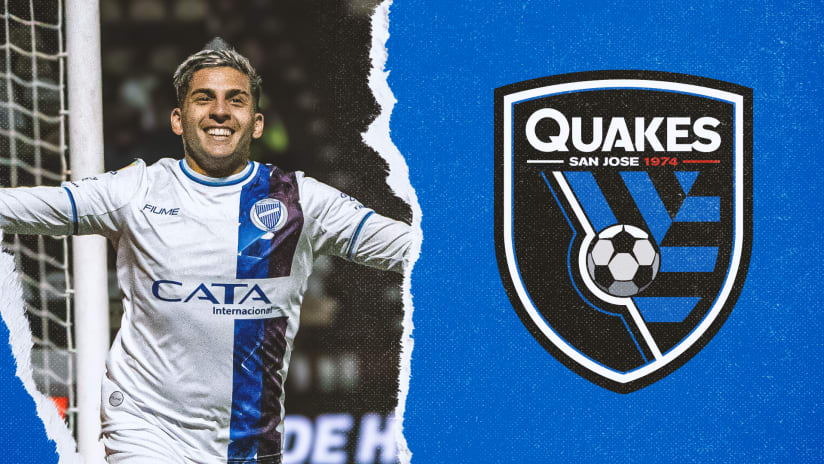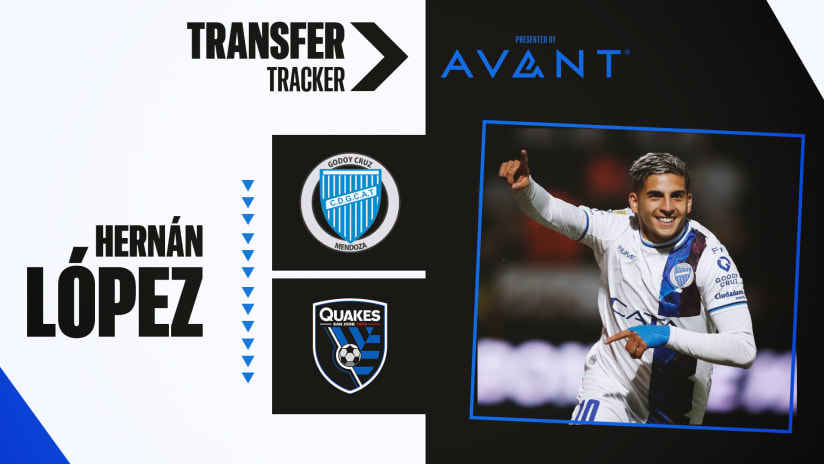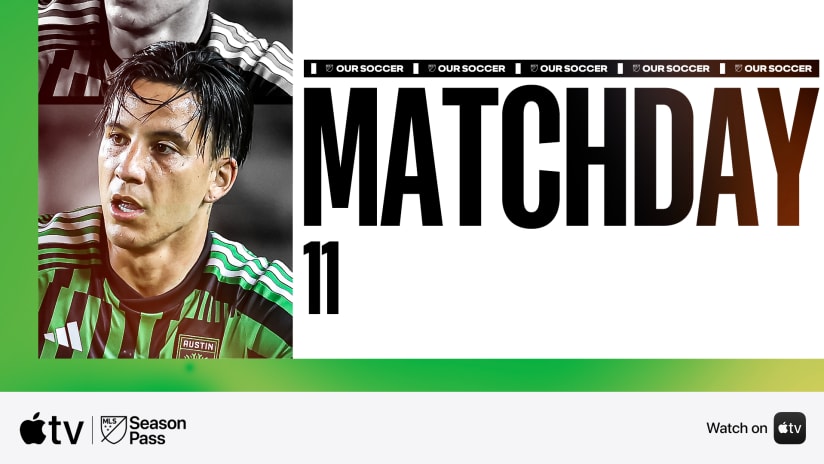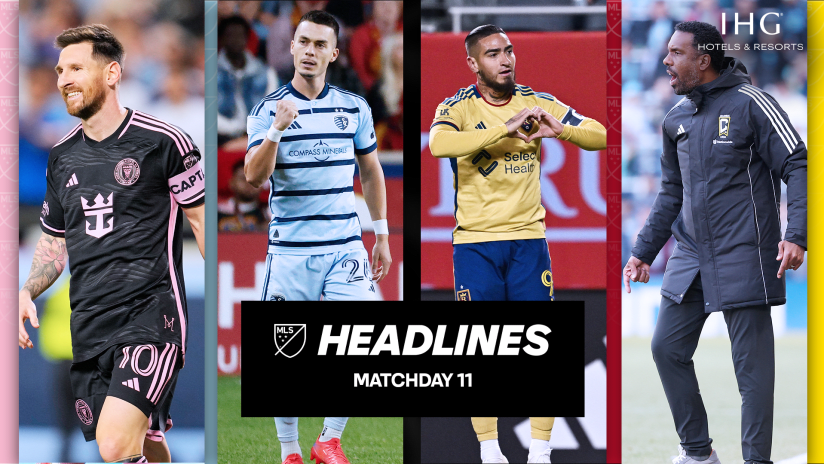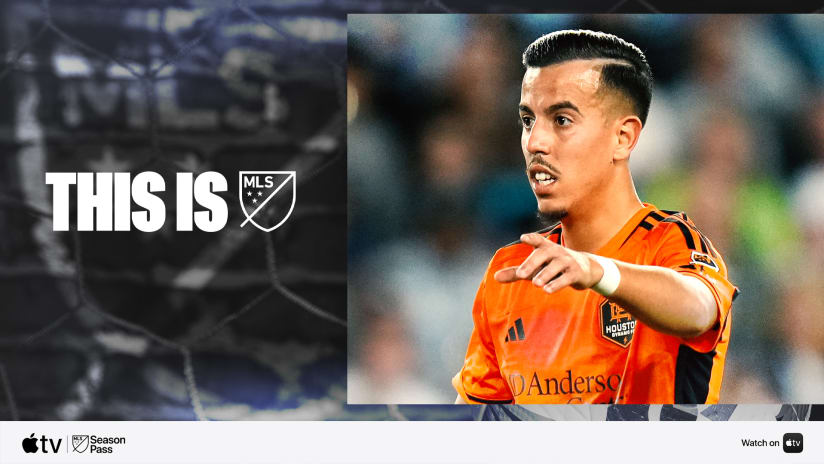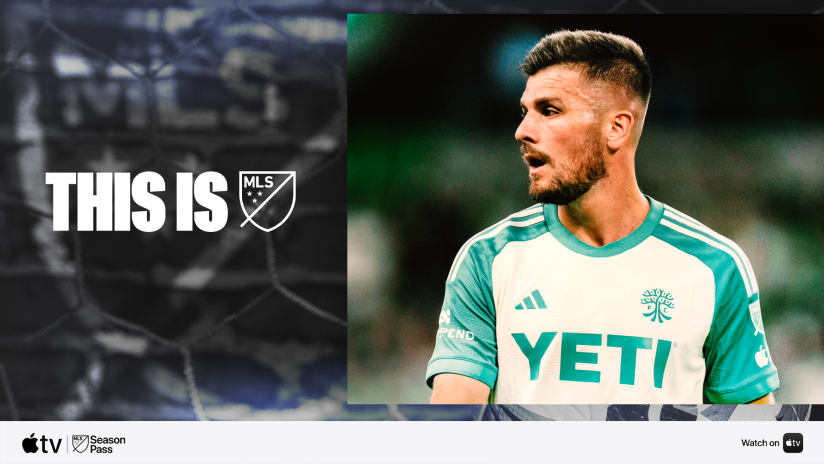we go in and talk about how reading helped our career path. We're going to be doing a reading challenge with the schools, bookmarks, and all those other kinds of fun things. We're trying to improve their love of reading, their access to reading, and their ability to read. That's one of our big things. We're going to expand this year to include medical help centers where we will create reading corners. A lot of kids go in with their families and they're waiting for their wellness visit, there will be a soccer themed reading corner with other things that will encourage them to go over and pick up a book."
"We also do a program called 'Kicks for Kids'. We will bring disadvantaged kids to RFK to experience a live game. I think a lot of us take for granted that we can walk up and buy a ticket, hot dog, and a soda. There are so many people out in the population that will never have that experience. With 'Kicks for Kids' we work with over 100 area non-profit groups that serve that type of child and provide them with tickets so that can provide that game-day experience. They get a game ticket, a pom-pom -- we're hoping to add a t-shirt this year -- a meal voucher, which is for the hot dog, chips, and soda. That way, when they get into the stadium they're getting the same experience and feeling as everyone else in the stadium. Hopefully it is something that will brighten up what might otherwise be a dreary day. It might inspire them."
"The third program we do now is our grants program. Although we're a professional soccer team, we don't have the resources or ability to run after school soccer programs everywhere. So what we try to do with our grants program is identify those organizations that are doing that, particularly in the inner city where there are kids that might not get to play the sport. It might be for them to rent soccer fields, or buy soccer equipment, or even transportation to and from games. That's all funded through our grants."
How do people get involved?
"The easiest way is for them to give me a call at 202-587-5443, or they can email cmarquette@dcunited.com. They can also check out dcunited.com and go to the 'In the Community' section that has all our community relations initiatives going on, some of which I haven't touched upon. We have a designated driver program called, 'The Good Sport' program. We have the 'United Drives' program where we collect much needed items, whether its toys or soccer equipment, or books, and donate them to various non-profit organizations. We also have sporting geography initiative where we use the team's schedule to teach educational geography to forth through eighth graders. Later on this year we'll be launching a 'United Builds' program where it really plays on the idea of volunteering and giving back to the community, whether its bringing cans of food to the games or giving four hours of their lives to cleaning up a school. 'United for DC' has its own website at unitedfordc.org. That spells out a lot of charitable work we're doing."
What would you recommend to people who want a career path that takes them into this unique combination of sports and community relations?
"When I was in college, there weren't any sports management programs. Now you look and it seems that every college has under graduate and graduate degrees. I don't think they are particularly necessary. There are people in our offices that do have those degrees. I double majored in undergrad Economics and Communications, so they were by no means sports related. My biggest thing was that I was an athlete. I had a passion for sports. I believe in how they impacted my life -- I was a runner -- not only in how many trophies I won, or my best time in the mile, but it really built my self-confidence and self-esteem. It allowed me an instant community when I went to college, and people I could look up to. Those are the benefits you take away from sports."
"I think if you believe in that, what sports can provide to the community, then working in sports is great. If you only want to work in sports because you love soccer, football, or basketball, and you want your team to win the championships ... I believe that you have to believe in the sport more than that. It's not just about what you read in the newspaper necessarily. In the front office in particular there are many other things you have to worry about. If you believe in what sports can provide to the specific athlete, the community, and to kids growing up, it's a great career option."
"It's a very difficult industry to get into. Even though we're a professional sports team, we only have 40 full-time jobs, which isn't that many if you compare it to other organizations. It's always wise to get an education."
"What I did do are a lot of internships and volunteer opportunities. That's your biggest thing. If you're interested, start volunteering with the team on game day. If you're in college, try to get an internship so you can see the day-to-day grind. It's certainly not a Monday through Friday, nine to five type of job. It's six or seven days a week, with eighty or ninety hour weeks many times, particularly right now at the beginning of the season. It consumes your life. If you think it's going to be easy, you're wrong. I'd definitely recommend to anyone who wants to see what it is like to get the internship or volunteer to see the environment."
John Dyson is a contributor to dcunited.com.


